Corals' natural 'sunscreen' may help them weather climate change

Smithsonian Conservation Biology Institute scientists are one step closer to understanding why some corals can weather climate change better than others, and the secret could be in a specific protein that produces a natural sunscreen. As their name implies, Hawaiian blue rice corals sport a deep blue pigment, which is created by chromoprotein and filters out harmful ultraviolet (UV) radiation from the sun. Although UV damage may produce long-term impacts to reproduction in many coral species—including brown rice coral—it may not have the same effect on blue rice coral. The findings of this study were published June 9 in the paper "Reproductive plasticity of Hawaiian Montipora corals following thermal stress" in Scientific Reports.

Coral in The Caribbean, What's Next?
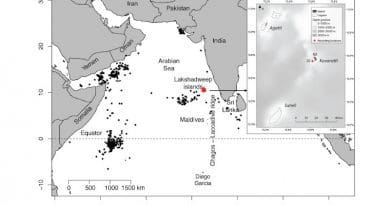
Environment – Page 534 – Eurasia Review

East Asia Pacific – Page 572 – Eurasia Review

Natural sunscreen helps blue rice corals adapt to warming climate •
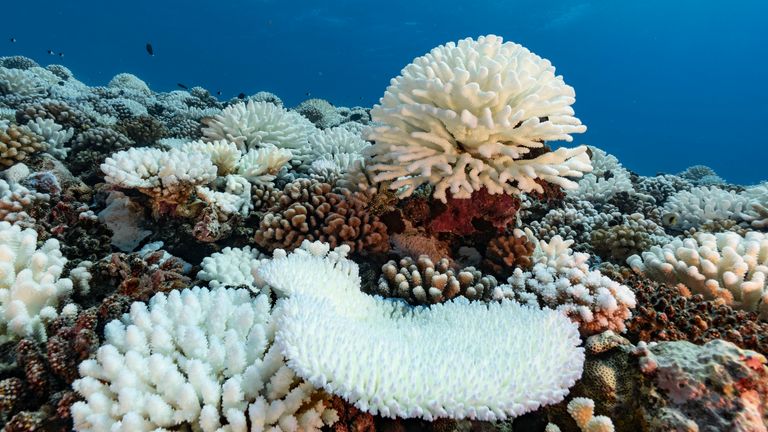
Corals creating own sunscreen for protection against rising sea temperatures, scientists say, UK News
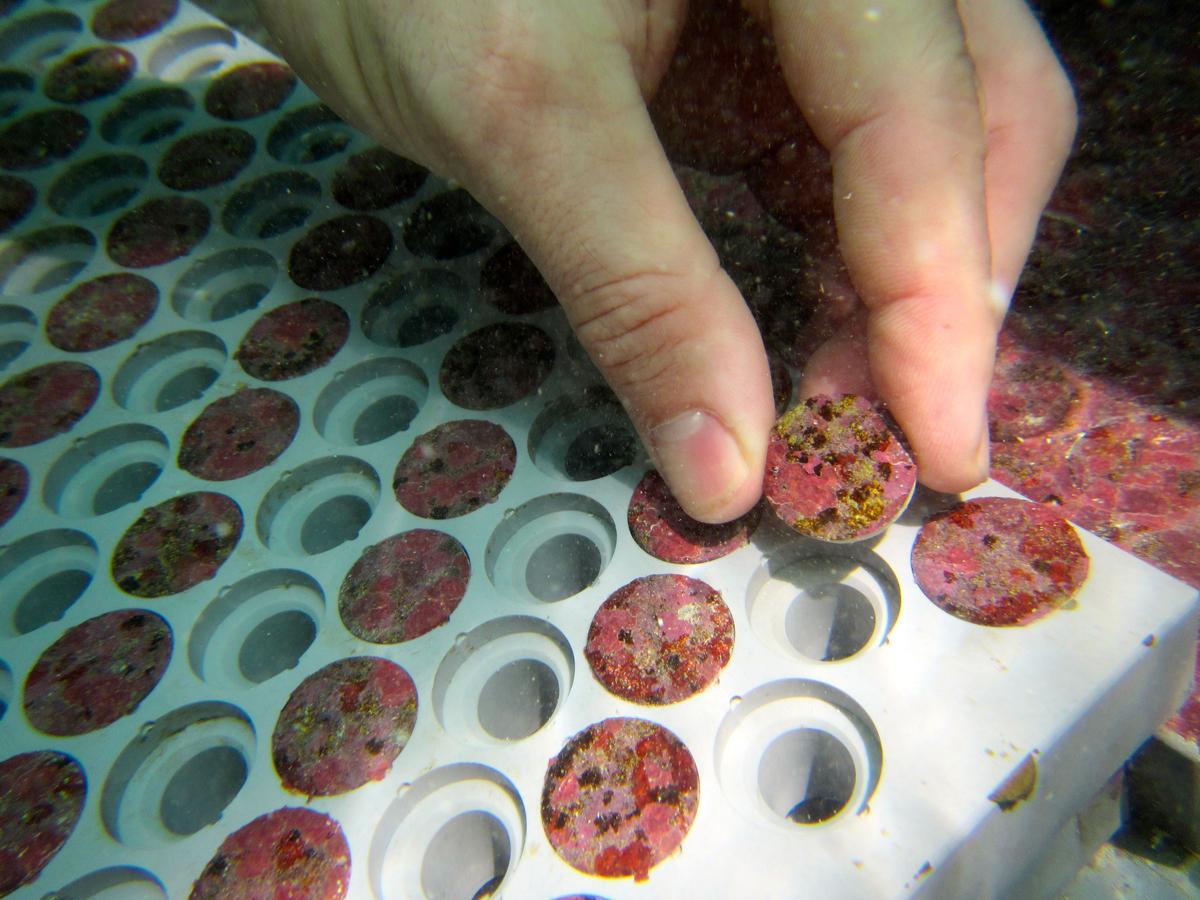
Saving Threatened Corals Smithsonian's National Zoo and Conservation Biology Institute

Coral bleaching - Wikipedia

New Study: Methylene Blue Could Work as Effective Sunscreen

Wastewater pollution making coral reefs sicker: What can we do? - India Today
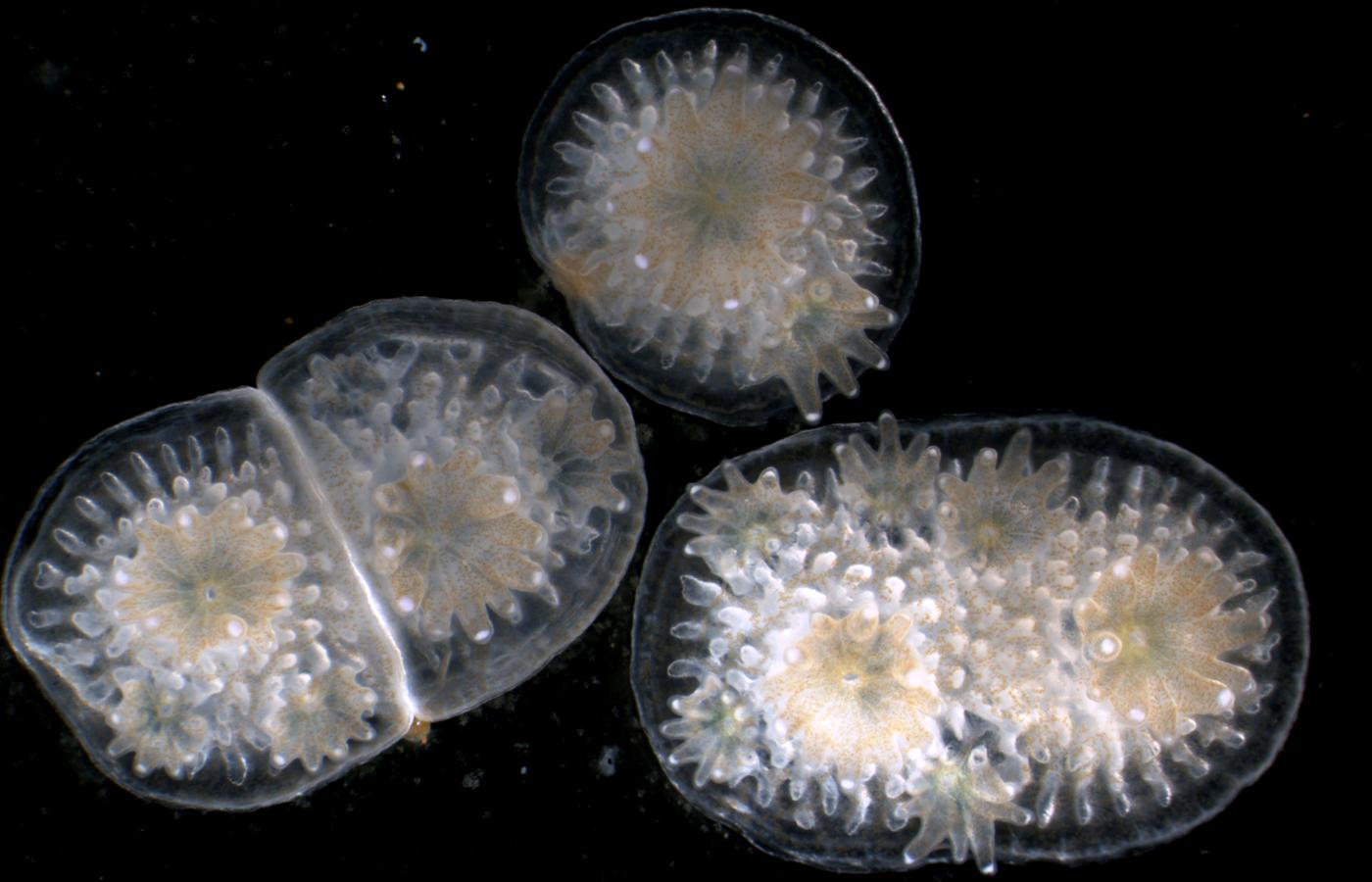
Science Q&A: Freezing Coral In Time Smithsonian's National Zoo and Conservation Biology Institute
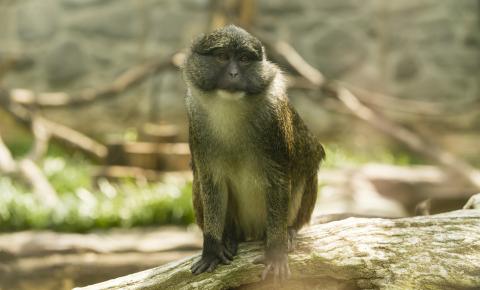
Animal News
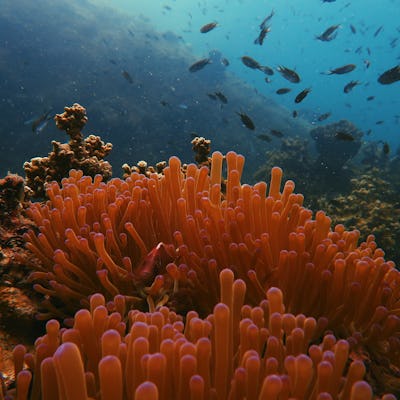
Can We Save the Coral Reefs? 3 Ideas So Crazy, They Just Might Work
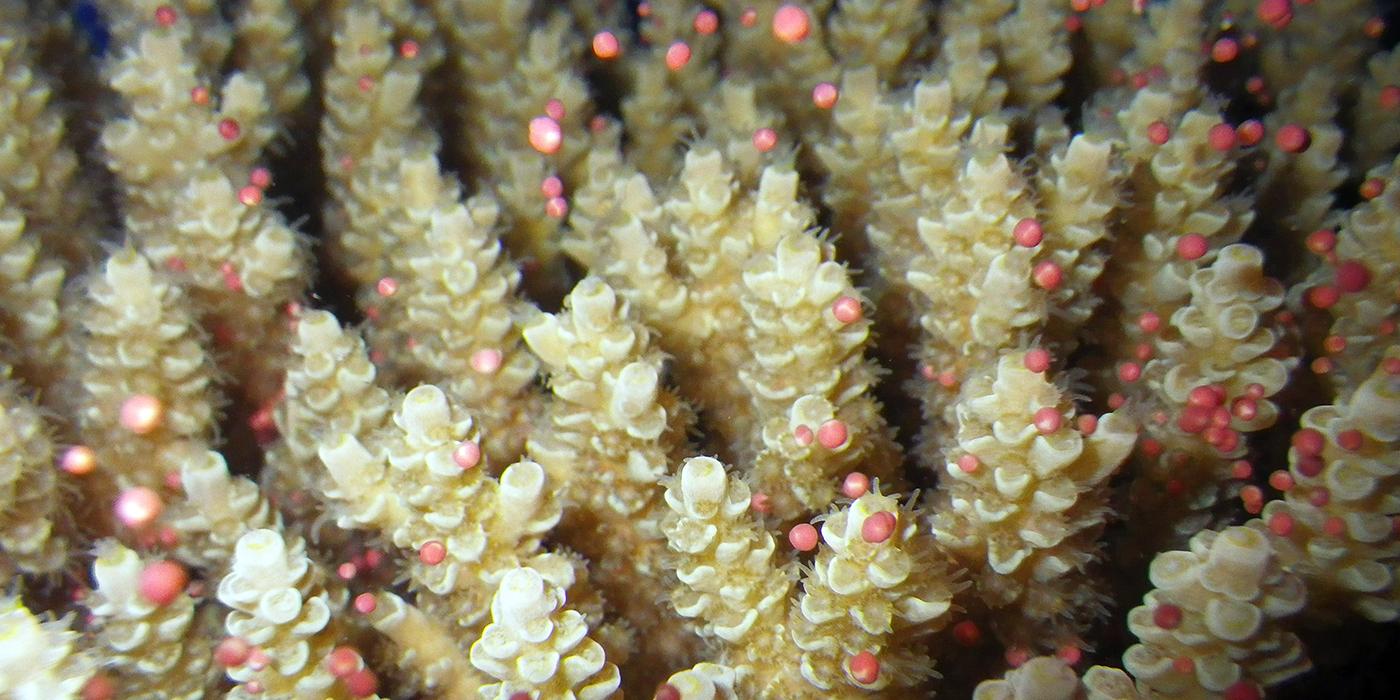
Saving Threatened Corals Smithsonian's National Zoo and Conservation Biology Institute
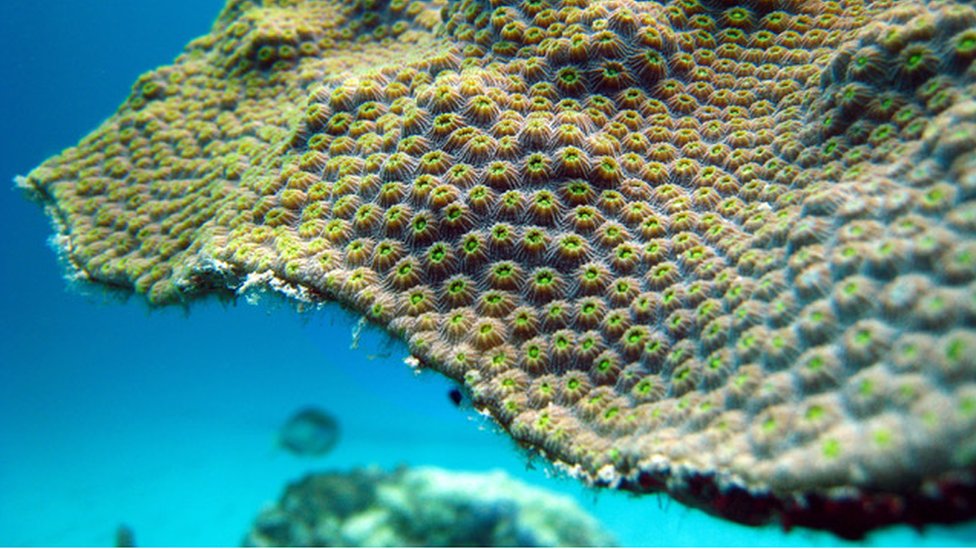
Coral reefs 'weathered dinosaur extinction